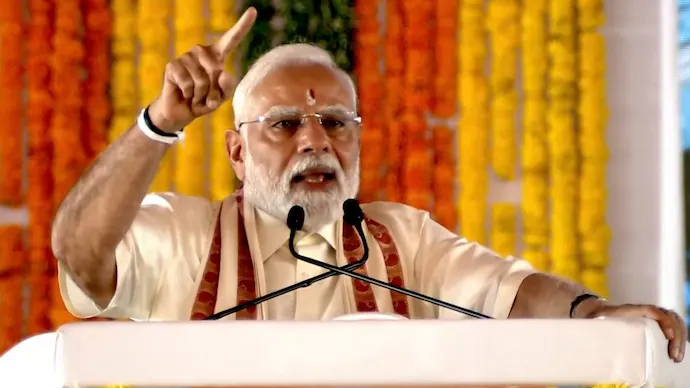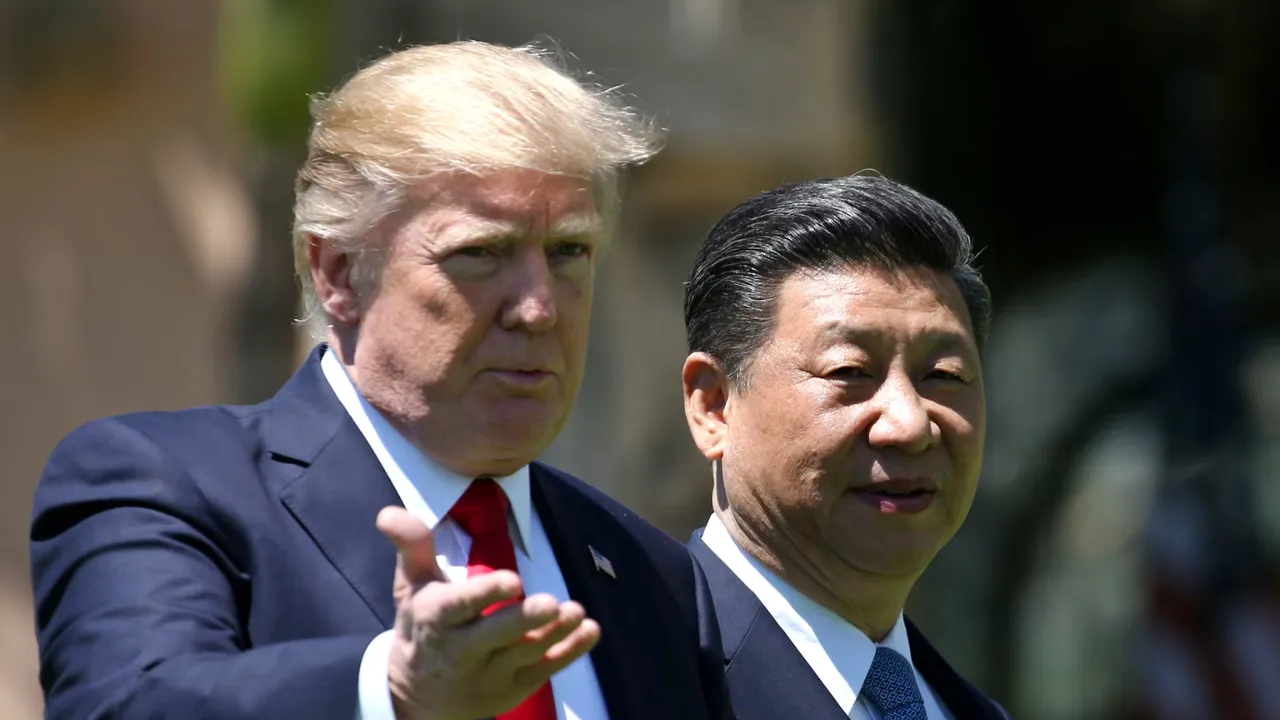
Chennai/New Delhi: Prime Minister Narendra Modi, amidst a simmering language row, launched a sharp critique against Tamil Nadu Chief Minister M.K. Stalin, alleging that while leaders communicate with him in English, none sign their letters in Tamil. The Prime Minister’s remarks, delivered during a public address, have intensified the ongoing debate about linguistic diversity and the role of regional languages in India.
“I receive numerous letters from leaders, but I have observed a curious phenomenon,” Modi stated. “They write to me in English, but not a single signature is in Tamil. Is this a sign of respect for one’s mother tongue?”
This pointed question, seen as a direct dig at Stalin and his DMK party, comes at a time when the DMK has been vocal in its opposition to what it perceives as the imposition of Hindi by the central government. The DMK has consistently advocated for the promotion and protection of Tamil, emphasizing its historical and cultural significance.
The Prime Minister’s comments have drawn immediate reactions from political circles in Tamil Nadu. DMK leaders have condemned the remarks as “insensitive” and “politically motivated,” accusing the Prime Minister of attempting to undermine the state’s commitment to its language. “Tamil is our identity, our pride,” a DMK spokesperson asserted. “We do not need lessons on respecting our mother tongue.”
Also Read:https://vedwire.com/pm-modi-inaugurates-landmark-pamban-bridge-elevating-indias-maritime-connectivity/
The language debate has been a recurring theme in Indian politics, with regional parties often accusing the central government of promoting Hindi at the expense of other languages. The recent controversy has reignited these concerns, with many viewing Modi’s remarks as a deliberate attempt to stir up regional sentiments.
The BJP, however, has defended the Prime Minister’s comments, stating that he was merely highlighting the importance of linguistic consistency and respect for one’s mother tongue. They argue that the Prime Minister’s remarks were not intended to disrespect Tamil but to encourage its wider use.
The controversy is expected to escalate in the coming days, with both sides likely to intensify their rhetoric. This incident highlights the delicate balance between national unity and linguistic diversity in India, a debate that continues to shape the country’s political landscape.
- Trump takes U-turn on running for presidency in 2028, backs JD Vance, Rubio: Here’s what he said
- RBI keeps repo rate unchanged at 5.5% amid Trump tariff threat
- Shocking Claim: Zelensky claims Chinese Fighters in Russia’s Ukraine War
- Triumphant: Royal Anniversary Vatican Visit Amid Italian State Trip
- Trump Slaps 125% Tariffs on China, Offers 90-Day Tariff Pause for Negotiating Nations




Leave a Reply